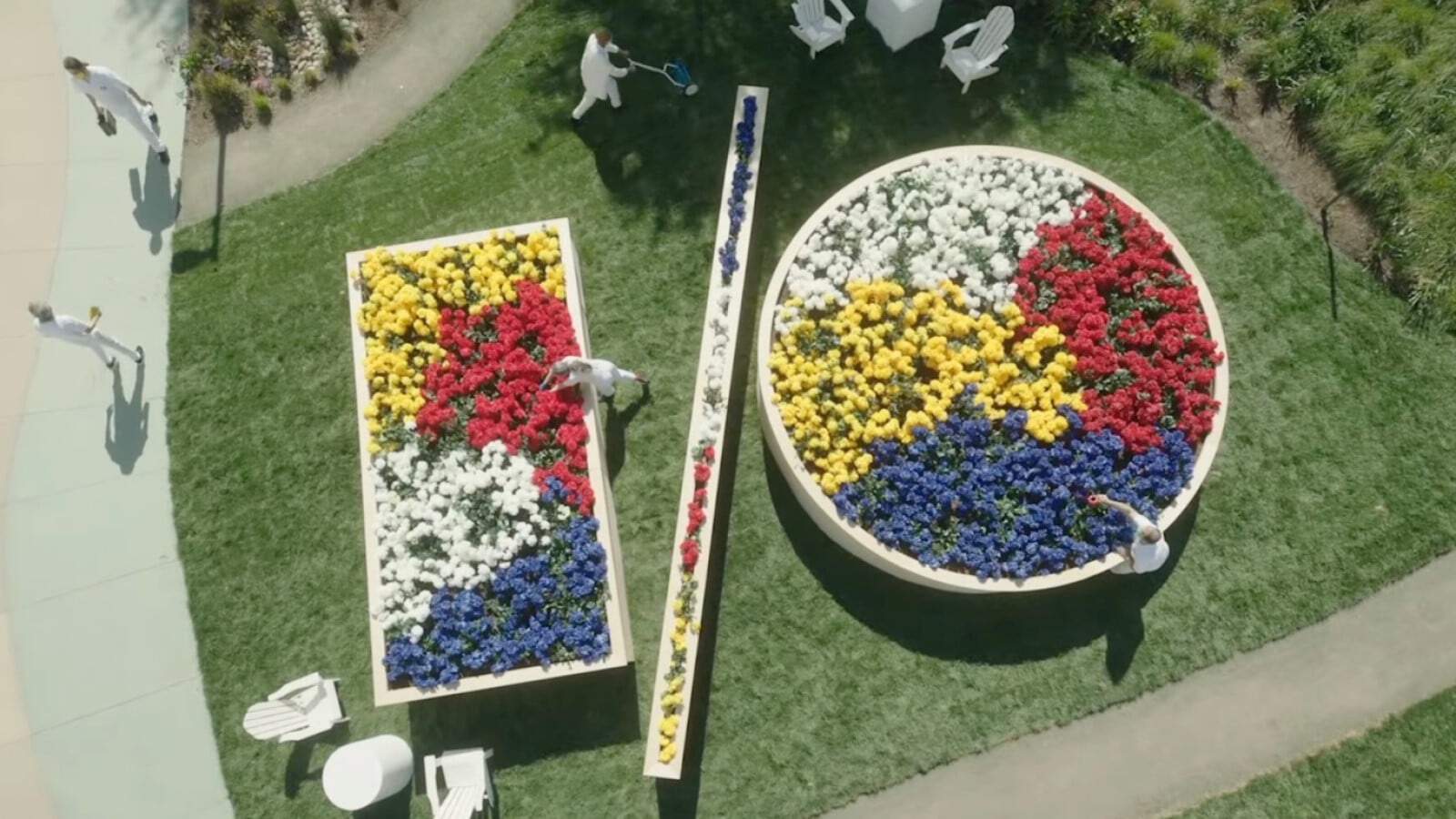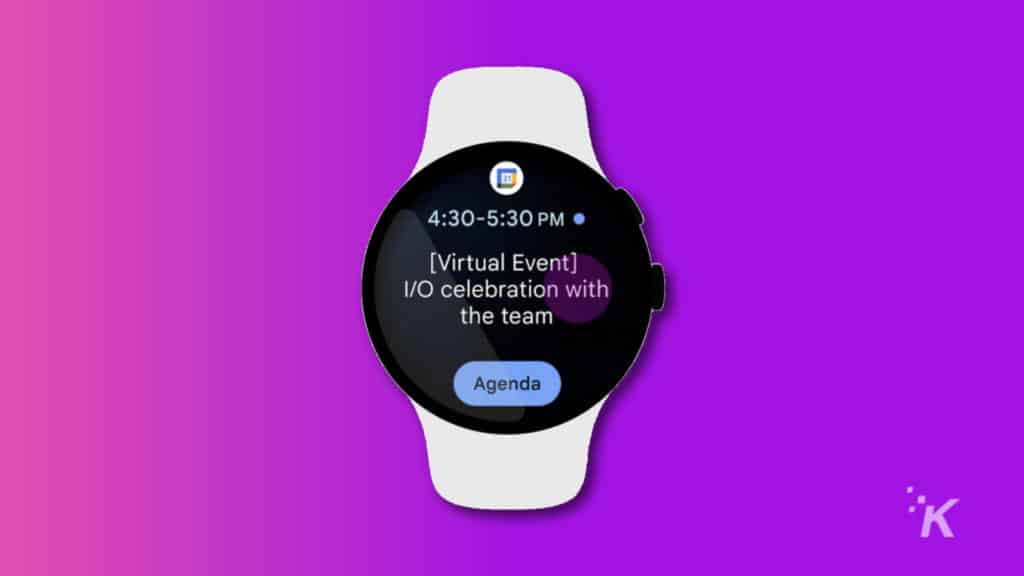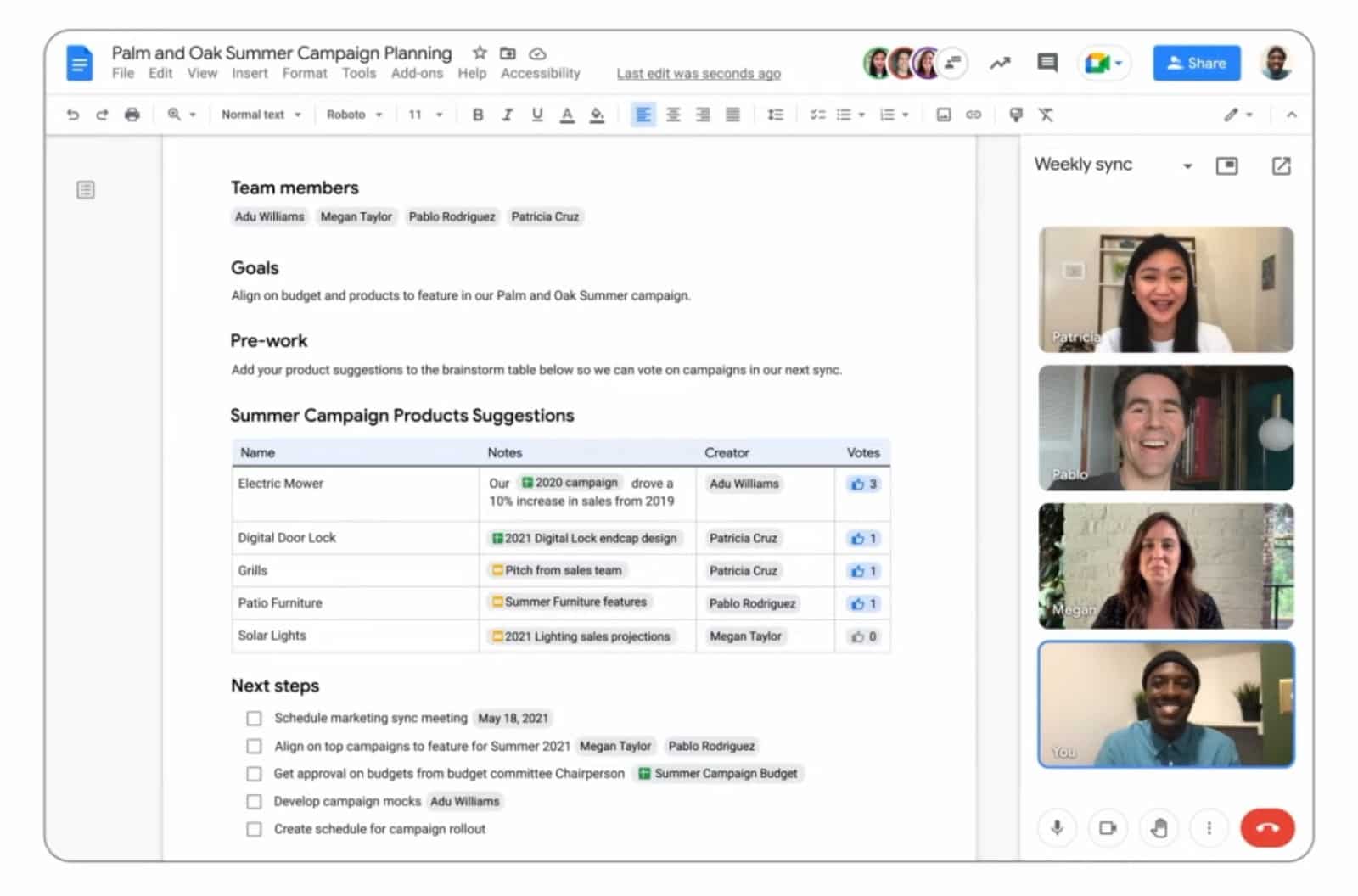Here’s everything Google has announced at Google I/O 2021 so far
So far, most everything has been just plans for the future, but there has still been some cool tech showcased.

Just a heads up, if you buy something through our links, we may get a small share of the sale. It’s one of the ways we keep the lights on here. Click here for more.
Google’s yearly I/O developer conference is going on this week, and we have been treated to a slew of upcoming tools and projects during the keynote yesterday.
Unlike previous years, most of the things shown off were “this will be cool when we finish,” with a light smattering of things that will be available soon.
Still, some of the things Google has shown off so far are pretty darn cool, so read on for the interesting bits (okay, and some not-so-interesting ones).
Next-gen video conferencing
This is one of the stars of the presentations for me. I mean, we’re all sick of flat, low-resolution video calls by now, right? Project Starline changes that up completely, using machine vision and lots, and lots of sensors and cameras to make video calls in holographic 3D. Think of it as science fiction communications made real and you’re almost there. The drawback? It needs some pretty sophisticated hardware and software right now, and enough space for the video booth.
Some of this tech will be coming to Google’s other communication platforms though, so maybe a future version of Meet will better approximate an in-person meeting. That could also mean depth-sensing cameras coming to the selfie side of future Google phones.
Android 12 will be more customizable than ever before
Another year, another version of Android, Google’s smart device operating system. This year, Android 12 is bringing more customization power to the user, with a new design language called Material You that uses contextual cues to change things like the UI or color palette dynamically.
New security and privacy indicators are also coming, and some on-device AI to customize replies and notifications. Eventually, the Material You design will come to every one of Google’s “products and ecosystems,” which sounds like things like Google Docs will also benefit from the mood-based changes.
Your phone can also be your car key, assuming it has a UWB (ultra-wideband) chip inside it. BMW is currently integrating the tech into its vehicles, with other automakers on the horizon. Nice. Oh, and Android is now on 3 billion devices. Yes, billion.
Wear OS and Tizen teaming up

Your next Android smartwatch will get the best of Wear OS and Tizen, with a sprinkling of Fitbit.
That’s because Samsung and Google are partnering up to create the next version of Wear OS, so fingers crossed that they can combine things into a usable platform to take on Apple’s dominance in the space. They’re also partnering up on foldables, improving how Android interacts when it’s shown on a foldable screen.
Android TV is on 80 million devices
Android TV is now one of the big boys in the smart TV space, joining Roku and Amazon who both have 50 million active monthly users. To celebrate, Google has created a new smartphone-based app that can function as your TV remote, because we all know it’s easier to keep track of our phone than the TV remote. The bonus here? Typing in passwords on a virtual keyboard is infinitely preferable to using the d-pad and clicking one character at a time.
Smart Canvas is coming to G Suite

Google’s productivity tools are getting a new, collaborative tool called Smart Canvas. Think of it as a shared workspace to create documents, with video-conferencing built-in, and you’ve got the idea. Should be good for the new maxim of working from home, with more utility than the single-user screensharing that current video conferencing tools allow.
AI, AI, and more AI
This is unsurprising really, as everything Google does has the underpinnings of AI in it. Conversations with AI are getting a new tool called LaMDA, which makes things like AI chatbots less likely to be confused if the human talking to them goes “off-script” and asks something they’re not programmed to help with.
Google’s Duplex service is also getting a new trick – the ability to auto-change your password if you forget it or it gets found in a password breach on a handful of popular websites like Twitter. It’ll only work on Android’s Chrome browser in the US to start, with other countries getting the feature eventually.
All of that AI needs some hefty hardware to power it, and the fourth generation of Google’s Tensor Processing Units (TPU) AI chips are also here. A single pod made of 4,096 TPUs gives over one exaflop of computing power, which is an insane amount of power. Many of Google’s own AI services are powered by these chips, and developers can now harness that power through the Google Cloud platform.
That’s it for Google’s I/O conference for now, but we might see some more things being announced as the week goes on.
Have any thoughts on this? Let us know down below in the comments or carry the discussion over to our Twitter or Facebook.
Editors’ Recommendations:
- A new Google web app will help you identify potential skin conditions
- Your next new Android smartwatch might not suck so badly
- Apple caved to China’s demands in order to grow the company because it likes money
- Microsoft will finally put Internet Explorer out of its misery in 2022





























